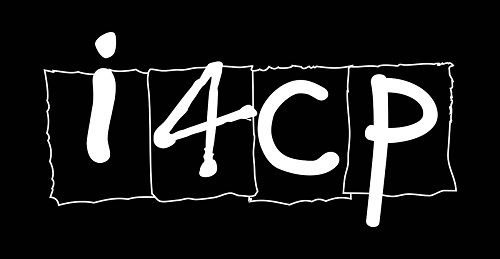Data gathered by research firm Institute for Corporate Productivity (i4cp) and Fortune Media found labor and skill shortages are viewed by most employers as the top potential disruptors to their organizations and business in 2022 — surprisingly cited more than inflation, supply chain interruption or geopolitical instability.
While many organizations are suffering from employee attrition worldwide, most have been tackling this problem by increasing compensation and offering attractive sign-on bonuses. But the study showed this is not the best strategy. High-performance organizations recognize this and are much more likely to attract and retain talent by betting on their cultures — emphasizing enhanced flexibility, development opportunities, inclusiveness, values, and purpose overcompensation.
“While we often think employees leave an organization because they have a bad boss or are trying to increase their salary, the truth is culture plays a much bigger role in that decision,” said Kevin Oakes, CEO of i4cp and author of the bestselling book, Culture Renovation: 18 Leadership Actions to Build an Unshakeable Company.
“There’s no doubt the pandemic and changes to work structure have affected culture. The question companies face is ‘Will we be passive to those changes, or proactive in shaping the culture we need for the future?’ As some have said, the war for talent is over, and the talent won. The quicker organizations are to recognize how critical culture is to attracting and retaining talent, and ultimately to financial performance, the quicker they will be creating an unshakeable organization that is future-proof.”
In The Talent Imperative (download the executive brief here), i4cp and Fortune explore the best and next practices in talent acquisition, management, and rewards that distinguish high-performance organizations from others.
Specifically, the study, which surveyed 1,200 HR and business executives across 77 countries, highlights seven key findings that business leaders can use to improve employee retention and attract new talent in this new type of competitive market.
While the study found that 83 percent of organizations are turning to compensation adjustments as their go-to strategy, it’s the targeted application of various incentives that makes a greater impact. For example, high-performance organizations were more than twice as likely to add or enhance equity retention awards vs. their lower-performing counterparts. Flexibility in work arrangements is also key; The Talent Imperative study found that high-performance organizations are 1.5 times more likely to offer their employees choices regarding where and when they work.
But no single strategy is more effective at retaining talent than a healthy culture. Leading organizations that participated in the study are emphasizing elements of their employee value proposition that relate to their culture — more so than compensation. These elements include, respectively, flexibility in where, when, and how employees work; the mission and purpose of the organization; and ongoing development opportunities.
Conversely, correlation analysis of the data found organizations that relied heavily on compensation as a retention tool were more likely to have experienced higher employee turnover over the past year. They also were less likely to offer flexibility in the work location.
The full report is available exclusively to i4cp members. Non-members can download an executive brief here.









